The Fringe Benefits Tax (FBT) year ends on 31 March. We’ve outlined the hot spots for employers and employees.
Assistance and benefits provided due to COVID-19
Many businesses are likely to have provided different types of benefits and assistance to their employees due to COVID-19. It can be quite challenging to work out whether FBT should apply.
Just keep in mind that minor benefits should be FBT exempt where their individual cost is under $300 and it is reasonable to treat the benefit as minor (for example, provided infrequently).
Outside of this and in many cases, there are specific FBT concessions that could be available, but it is important to work through these concessions carefully.
Working from home
Office and site closures due to COVID-19 may mean that your employees worked from home for a portion of the FBT year. Many employers have provided their employees with work-related items to assist their employees during this period.
Portable electric devices such as laptops and mobile phones are commonly used for work. Providing such devices to your employees shouldn’t trigger a FBT liability, as long they are primarily used by your employees for work.
Where multiple similar items have been provided during the FBT year, the situation becomes more complex unless your business has an aggregated turnover of less than $50m (previously, this threshold was less than $10m).
If an FBT exemption isn’t available, it’s often worthwhile instead considering whether the FBT liability of such items could be reduced to the extent the employee could claim a once-only deduction in their personal return (i.e., had they purchased the item themselves).
Emergency assistance
If your business provided emergency assistance to employees as a result of COVID-19, then fringe benefits tax is unlikely to apply. While we doubt anyone would be thinking about FBT during a crisis, it’s good to know that the tax system does not disadvantage your generosity.
Examples of the kinds of benefits exempt from FBT include immediate relief your business provides to an employee:
- for them to relocate back to Australia, including flights and transport of household goods (e.g., due to health risks around COVID-19); and
- on clothing, food and temporary accommodation if an employee is stranded due to travel restrictions or is required to self-isolate or quarantine.
First aid or other emergency health care you provide to an employee is also exempt if it is provided by an employee (or a related company employee), or is provided at your premises (or those of a related company), or at or near an employee’s worksite.
Protective equipment
Many businesses increased their workplace health and safety processes and infrastructure in response to COVID-19.
If your business provided protective equipment to allow your employees to safely continue to work, this benefit may be exempt from FBT. Unfortunately, this does not seem to be available for all employers.
Typically, an FBT exemption would be available if your employees are involved in cleaning premises or required to be in close proximity with customers or clients. For example, the ATO suggests that this should include hairdressers, cleaners and medical practitioners and hospitality workers.
Rapid antigen testing
With the use of rapid antigen tests becoming more common, it is important to keep across the proposed changes in this area.
Under the current rules, if your business regularly provides your employees with rapid antigen tests so that they can attend their regular place of work, a FBT liability may potentially arise.
The good news is that the government has proposed changes to the rules to make it clear that such work-related COVID-19 testing benefits would be FBT exempt. If the rules are passed, the changes are intended to apply retrospectively to include benefits provided in the 2022 FBT year.

